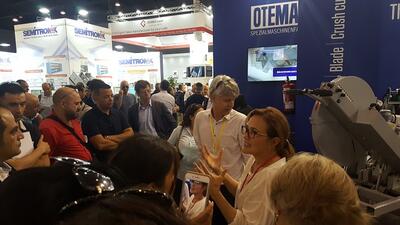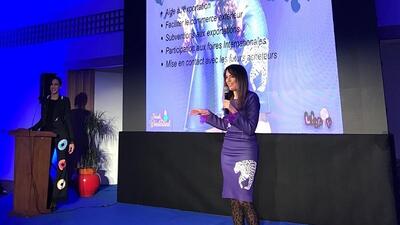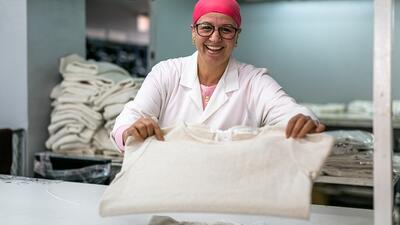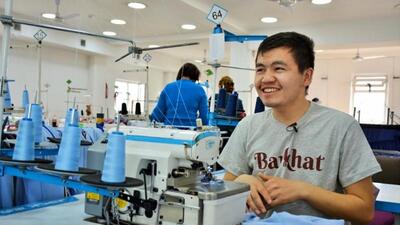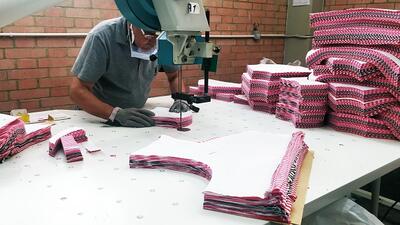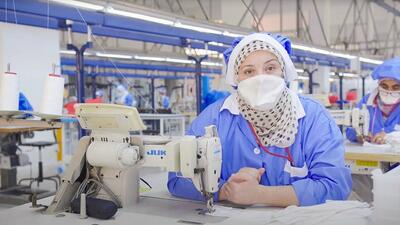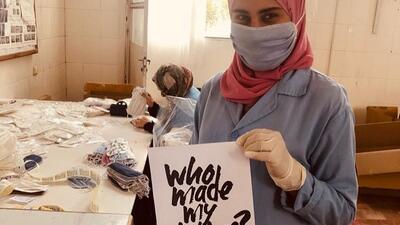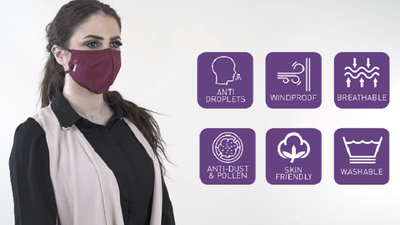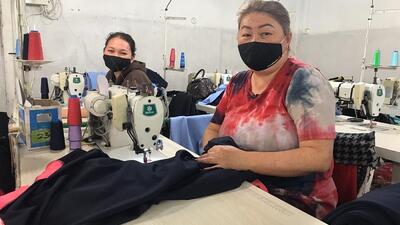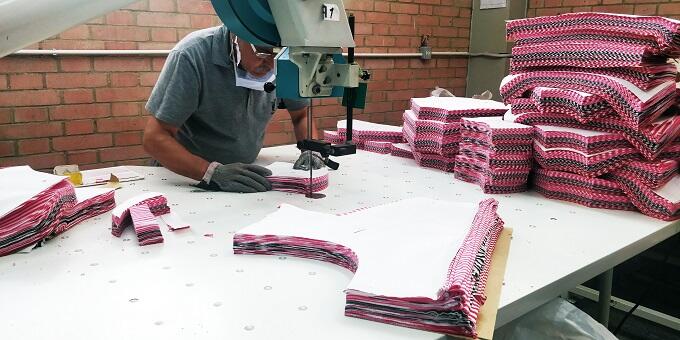
Egypt’s textile and clothing sector gets jobs and exports boost (en)
Egypt’s textile and clothing sector stands to benefit from new job opportunities and more exports after the first meeting of the steering committee of national stakeholders took place in Cairo, Egypt, in March 2020 as part of International Trade Centre’s GTEX project.
During the meeting ITC’s Programme Manager for the GTEX MENATEX programme, Matthias Knappe presented the results of trade support institutional and enterprises assessments covering geographical locations, types of activity, gender analysis, and social and environmental compliance, as well as an assessment of current and future markets and challenges.
The GTEX/MENATEX project in Egypt visited and assessed 46 small and medium-sized companies and eight trade support institutions,’ Mr Knappe said. ‘Most of the enterprises are located in Alexandria and Cairo and 63% are producers of knitwear, while 35% produce wovenwear. The result of the assessments will support the project to understand the areas both enterprises and key support institutions need improvements.
For now, 28 small and medium enterprises have been selected and, to reach a total of 35 companies, other beneficiaries will be chosen by considering products that are under-represented in the group such companies making hosiery, sportswear and men’s shirts.
In Egypt, the textile and clothing sector is the second-biggest industrial sector after the agro-industry. It comprises around 4,000 companies, of which 500-600 export overseas.
Cherine Khallaf, chairperson of the development projects council at the Egyptian Ministry of Trade & Industry, said that the GTEX project is an opportunity to boost all of Egypt’s industrial sector and exports.
‘Egypt can improve its export potential to the US market while also expanding our presence in Europe and other Arab and African countries’, said Khallaf.
Corinne Henchoz, Head of Development Cooperation at the Embassy of Switzerland, said sustainable social impact was an important impetus in addition to the development of export capacity.
‘In Egypt, 56% of the employees in textile and clothing companies are women,’ she said. ‘In the GTEX programme, gender plays an important role. Studies show that increased female workforce in a given industry contributes to enhanced efficiency, in terms of working processes and quality of production’.
Egypt’s GTEX/MENATEX project will focus on the apparel sector. ITC analysis has shown that the apparel industry has strong export and high employment potential, and relatively low investment requirements compared to other segments in the value chain.
The GTEX/MENATEX programme is funded by the State Secretariat for Economic Affairs (SECO) of the Swiss Confederation and the Swedish International Development Cooperation Agency (Sida), focusing on Egypt, Morocco, Jordan, Kyrgyzstan Tajikistan and Tunisia.
The programme aims to encourage exports of textiles and clothing from developing countries to promote employment and income generation throughout the value chain.




